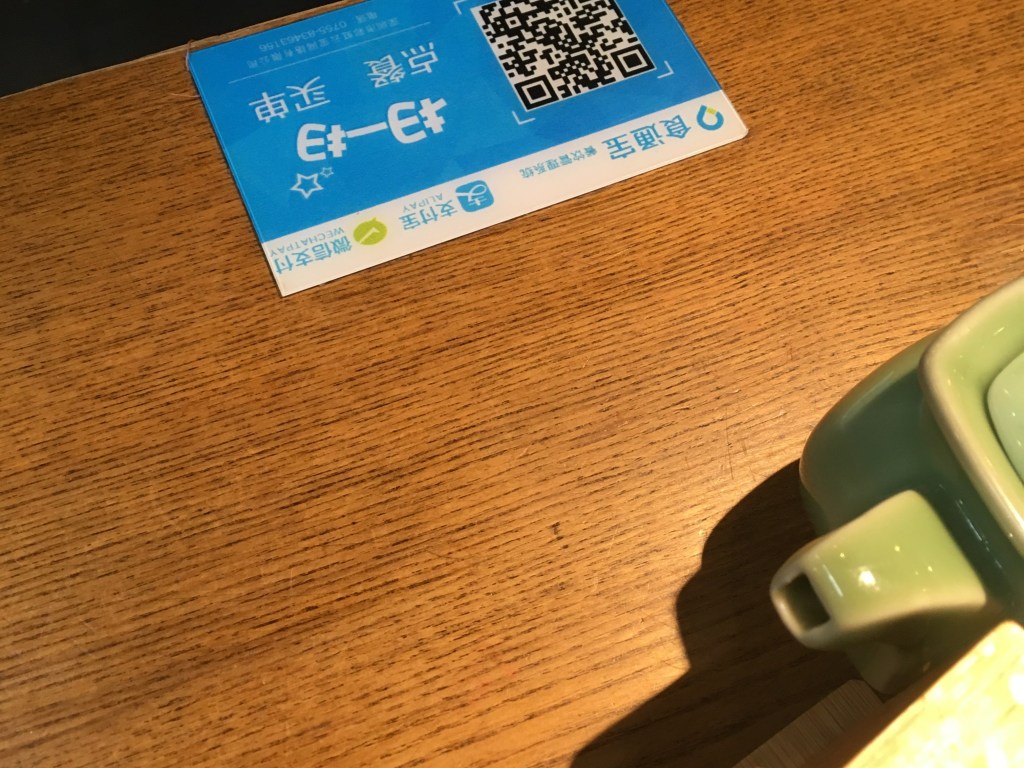
For my friends and I – being English – the most exciting thing about Malmö, Sweden is the kallbadhus – a bathhouse on stilts over the sea where it’s against the law not to be nude.
The idea that a public space is frequented in the buff – as per regulations – by ordinary Swedes without a ‘by your leave’ is the stuff of English fantasy and scandal. And yet, it’s not the biggest deal about the place.
No phone to preserve my modesty
Having become a regular to the kallbadhus over the past year, I have long since got over the initial transgressive thrill of being nude in public. I’ve quickly become at ease with the murmured chat of portly businessmen on their hour off.
What I have come to savour is not so much the nudity (which is nice), but the calm. Aside from nudity, another sauna rule at the kallbadhus is minimal noise. It is a place of quiet reflection.
It is also a place of intense heat and moist bodies. It’s not easy to take a locker key in without it burning you, let alone an iPhone. Which is perhaps one reason why no one does. The kallbadhus is not only a clothes-free zone, but a tech-free zone.
An island of gazing faces
This makes the kallbadhus something truly unique in today’s world: a public space in which no technology intrudes. Even my beloved English pub is now a place of smartphones and TVs. But not here.
At the kallbadhus, a large group of strangers congregate to sit, side-by-side, in relative silence and stare out of the windows at the rocks, the sea and the sky. There’s nothing else to do.
When the event of the last half an hour is the seagull that passed the window, or the oil tanker making its steady progress across the screen of the horizon line, the mind feels something a bit like what childhood was to me – a time before the internet.
The kallbadhus is a little accident. An anachronism. It’s not a techlash. I don’t think anyone planned it. But by chance, it is the place where I can go to be in another place, where only your thoughts roam, and boredom lurks quietly.
While we’re on the subject of how great saunas are, Being Nude Isn’t Rude


